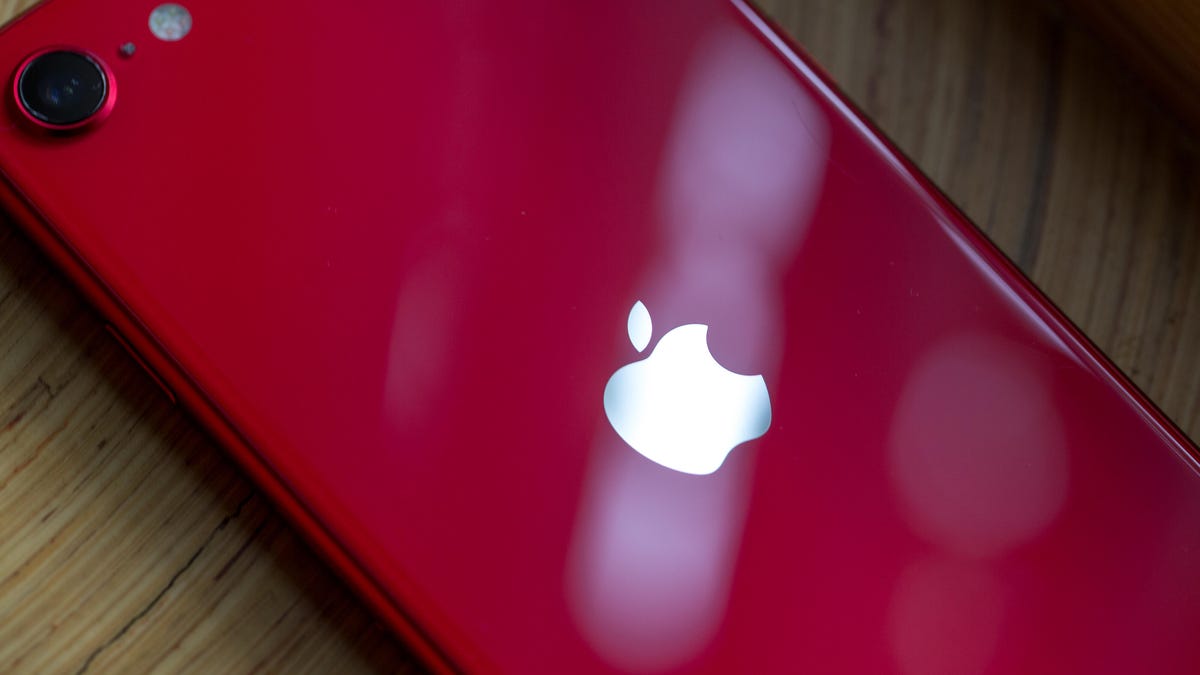News publishers join Epic Games in asking Apple for lower App Store fees
A group representing the likes of The New York Times and the Washington Post asks Apple what it'll take to cut its 30% fee down to the 15% Amazon pays.
For the second week in a row, Apple is being asked to cut down its App Store fees. After Fortnite publisher Epic Games sued Apple last week in a confrontation over the 30% tax Apple charges to developers on its App Store, trade organization Digital Content Next, which represents publishers including the New York Times, the Washington Post and CNET parent company ViacomCBS, want that 30% fee dropped to 15%.
Though it comes a week after Fortnite was kicked off the App and Google Play stores for flouting the 30% fee by creating a direct-to-Epic payment system within the Fortnite app, Digital Content Next's request was actually inspired by Amazon. Documents released as part of an antitrust Congressional hearing in late July, which included the CEOs of Facebook, Amazon, Apple and Google-owner Alphabet, revealed that Apple takes a 15% cut of Amazon's App Store revenue for Prime Video, rather than the standard 30%.
This lead the Digital Content Next's CEO, Jason Kint, writing an open letter to Apple CEO Tim Cook.
"We would like to know what conditions our members -- high quality digital content companies -- would need to meet in order to qualify for the arrangement Amazon is receiving for its Amazon Prime Video app in the Apple App Store," the letter reads. This is partially in reference to Apple CEO Tim Cook saying during the aforementioned hearing that such a deal was open to any developer is "available to anyone meeting the conditions."
Apple's 30% fee means that nearly a third of every newspaper subscription sold through an iPhone or iPad app would go to the tech giant.
"Apple's 'non-negotiable terms' have been an issue for some time," DCN said on Thursday. "That fee reduces earnings potential for app developers while also driving up prices for consumers... Apple takes 30% of the sale of, say, a $25 newspaper subscription. It also takes 30% for the sale of a $500 newspaper subscription. Thus, the more the publisher is able to charge for its service then the more Apple benefits, despite providing the same service."
Kint's open letter adds: "The terms of Apple's unique marketplace greatly impact the ability to continue to invest in high-quality, trusted news and entertainment particularly in competition with other larger firms. In keeping with your statement to the Committee, I ask that you clearly define the conditions that Amazon satisfied for its arrangement so that DCN's member companies meeting those conditions can be offered the same agreement."
The group becomes the latest of many to criticize Apple's App Store policies. Spotify last year said that the fee Apple charges to developers gives its own apps, in this case Apple Music, a competitive advantage. This led to June, when the European Union announced a probe into Apple's App Store practices. Epic Games' suit against Apple, in which it asks Apple to roll back what it considers anti-competitive practices, caused renewed scrutiny of the App Store policy.
Apple did not reply to a request for comment, but in the past has defended its behavior by pointing out the success these companies have enjoyed on its platform. "Spotify wouldn't be the business they are today without the App Store ecosystem," a March statement from Apple read. Spotify, like Amazon, pays a 15% tax.
Digital Content Next represents dozens of influential publishers beyond the Times, the Post and ViacomCBS. Disney, the BBC, ESPN, Fox News, The Economist, New Yorker publisher Conde Nast, The Guardian and NPR are among its members.


